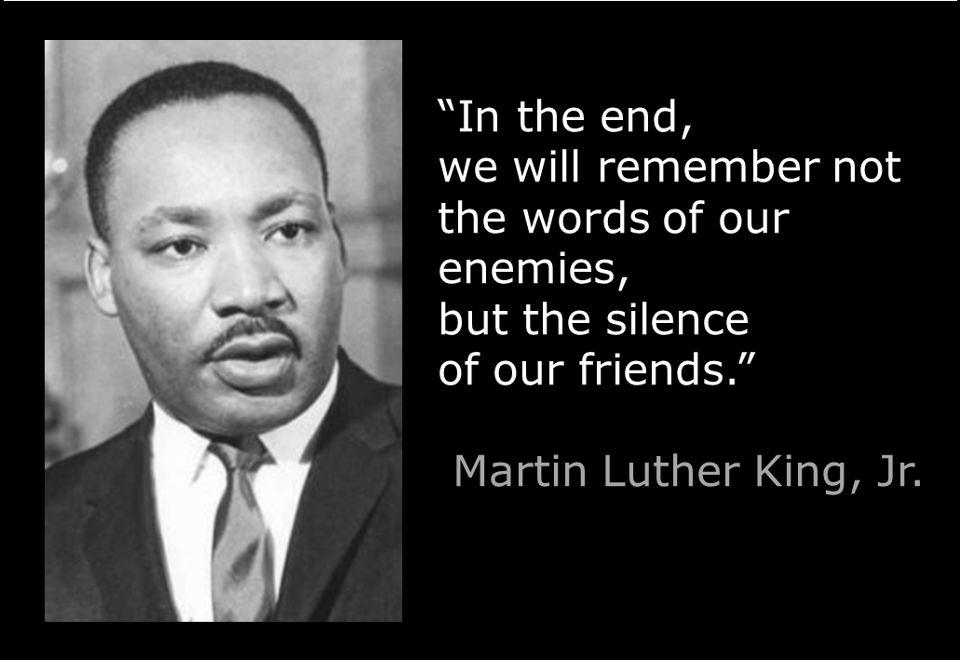 Have you ever stopped to think about how important your face
is? Consider its role in communicating
to others what you want them to know or how you are feeling? Imagine, for a moment, that God had made your
face to look, instead, like your big toe.
Although that image might seem comical, it illustrates just important
our facial features are, and not just for their utilitarian purposes—seeing,
smelling, eating, talking, etc. They
also are the mechanism God gives us for connecting
with other human beings. And they are some of our best instruments for
communicating God’s love to others.
Have you ever stopped to think about how important your face
is? Consider its role in communicating
to others what you want them to know or how you are feeling? Imagine, for a moment, that God had made your
face to look, instead, like your big toe.
Although that image might seem comical, it illustrates just important
our facial features are, and not just for their utilitarian purposes—seeing,
smelling, eating, talking, etc. They
also are the mechanism God gives us for connecting
with other human beings. And they are some of our best instruments for
communicating God’s love to others.
I believe no one facial feature is as powerful in human
interaction as the eyes. Remember, for a
moment, the last time you tried to have a meaningful conversation with someone wearing sunglasses and you get the point.
The eyes are so telling. They
have been referred to as the “windows of the soul.” With them we can show delight, excitement,
disgust, disapproval, earnestness, boredom, fear, distrust, amusement, just to
name a few.
Over the holidays, I had opportunity to be in a lot of
social settings: parties, shopping malls, family gatherings. I found myself trying to read people’s
thoughts by what their faces were communicating to me. And I noticed that many people don’t even
allow extended eye contact in such settings.
Maybe they feel more vulnerable.
Sometimes a shame-based upbringing can deeply affect one’s
confidence. Perhaps it’s the fear of
exposing more negative feelings than they care to admit.
Whatever the reason, it limits the connection. But conversely, a sincere, engaging smile
from a person looking you right in the eyes can be like “a cup of cold water”
to a thirsty man.
Going deeper with my thoughts about this, I tried to imagine
what God’s face looks like when He looks at me…and particularly the eyes. The Bible gives us hints from time to time.
One of the most beautiful and often quoted Old Testament passages speaks
specifically to this. Perhaps you remember it:
The Lord bless you and keep you;
the
Lord make his face to shine upon you and be gracious to
the Lord lift up his countenance upon you and give you peace.
I heard these words week after week growing up in the home
of a Lutheran pastor. It was part of our
liturgy. One of the benefits of
growing up in such a church culture was that some (not all) service components
that were repeated week after week had a way of imbedding themselves into my mind, whether consciously or not. On the negative side, this repetition can
cause their impact to be lessened in
the short run. But on the positive side,
some of these passages were easily retrievable later in life, even when taken
completely out of their original context.
This particular passage in Numbers (6:24-26) was a blessing
spoken by Aaron, a high priest of Israel under Moses’ leadership, and as such would
have been received as God’s very own thoughts spoken through a human conduit.
They are a word picture of a God who is inclined toward us, who desires eye contact, and whose face is lifted toward us!
Perhaps some of us imagine a Deity shaking his head in disapproval
or disappointment, if not downright disgust when looking at us. Now clearly, if
I can imagine the face of God, it is
not one expression, all the
time. We are even told in the Bible that
it is possible, for instance, to grieve the Spirit of God. But there is a quantum leap from sadness, on
the one hand, and to disgust, on the other.
Yet we often find it hard to imagine a God who is “lifting His
countenance upon [us],” even when we fail Him.
Consider, however, another passage—this one from the New
Testament. It involves one of the most monumental acts of failure in the
history of Christianity, and by one of Jesus’ very own followers, Simon Peter.
Jesus had warned Peter at their last meal before His death of this impending
act of denial, reading in Luke 22:31-34:
[Jesus] “Simon, Simon,
behold, Satan demanded to have you that he might sift you like wheat, but I
have prayed for you that your faith may not fail. And when you have turned
again, strengthen your brothers.” Peter said to him, “Lord, I am ready to go
with you both to prison and to death.” Jesus said, “I tell you, Peter, the
rooster will not crow this day, until you deny three times that you know me.”
But as we all know, “Mr. Blowhard” folded like origami
during the test. Fast forward to just
after he had denied His Savior for a third time, this one in front of a young
servant girl (vs. 61-62):
“And immediately,
while he was still speaking, the rooster crowed. And the Lord turned and
looked at Peter. And Peter remembered the saying of the Lord, how he had
said to him, ‘Before the rooster crows today, you will deny me three times.’
And he went out and wept bitterly.”
So just what exactly was the expression on Jesus’ face that
caused his friend to go out and weep bitterly?
I believe it was the look only Jesus can give.
A look of unconditional love. The
apostle Paul understood this when he wrote in Romans 2 that “God's kindness is meant to lead you to
repentance.” Perhaps that kindness was even communicated to Paul in his own
conversion on the road to Damascus, when Jesus asked Him, “Saul (later Paul),
why do you persecute Me?”
As I reflect on the face of God toward me, and particularly
what His eyes have to say to me, two things come to mind. I must first accept His grace and favor if I am ever
to be able to forgive myself and move forward in my life. And secondly, that same countenance, those
same eyes want to shine through my face to others whom I will encounter on any
given day. Being able to connect with
others in a genuine, loving way begins,
I believe, with receiving the smile of God myself, moment by moment. His Son has taken my guilt and shame, leaving
me to stand faultless and shameless before Him.
And I can begin to see others for what they may become. If you want my vote, I’d say ‘the eyes have
it.’
tad
